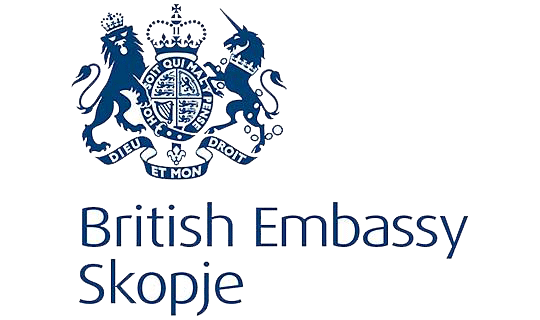Projects

Building administrative capacity for EU integration
The project includes support to the Secretariat for European Affairs in building administrative capacity for EU integration.
Period 01.04.2009 - 31.03.2011
Donor: British Embassy through FCO ( Diplomatic influence and values : Reuniting Europe programme strategy)
Project beneficiary: Secretariat for European Affairs
Main goal:
Building administrative capacity for EU integration
Expected results:
The project provided technical and advisory support to the Secretariat for European Affairs and the General Secretariat of the Government of the Republic of Macedonia in the administration of the European integration process and supported the government in the provision of planned, coordinated and professional administrative response to EU requirements, through various components of the project, such as:
-
Improving legislation and procedures
-
A fully functional structure established for assessment of the impact of the regulative in the government and ministries, as well as strengthened capacities.
Any new legislation passes through the RIA process.
Introducing Methodology Manual for assessment of the potential impacts of the new regulations or Regulatory Impact Assessment (RIA);
implementation of two specific projects RIA – pilot RIA for two laws: The Law on waste form Packing and the Law for the mutual recognition of professional qualifications.
Support and capacity building of RIA main points and working groups in the ministries.
-
Conducted RIA analysis of national legislation for harmonization with Directive 2005/36 / E3 on the mutual recognition of professional qualifications.
Preparation for the negotiation process with the EU.
-
Enhanced capacities of the National Programme for Adoption of the Acquis Communautaire (NPAA) working groups and future negotiating teams for EU for the process of negotiations threw exchanging best practices, training and workshops with leaders and members of the negotiating teams of the EU countries. Improved administrative capacities in three chapters; established operational IT network to support the NPAA planning process, the level of implementation and monitoring mechanisms; and harmonization of EU Directives in specific chapters of the Acquis.
Enhanced system management and human resources and change management in public administration.
-
Introduction of standards for human resources as well as their practice in human resource departments in ministries, created a manual and procedures based on the "European best practices" in order to contribute to the introduction of a merit-based system of public administration in the following areas:
-
Mentoring and induction training, 2. Managing absenteeism from work, 3. Delegation 4. Communication 5. Recruitment and Selection, 6. Balanced card statement, 7. Evaluation for the need of trainings 8. Evaluation and disciplinary procedure 9. Finishing interview
Reform of public administration towards EU accession process.
-
Introduction of standards for quality management in the Secretariat for European Affairs, General Secretariat of the Government of the Republic of Macedonia, and the Cabinet of the President of the Government, ISO: 9001; for quality system and management procedures and ISO: 14001 standards to protect the environment; Improving the rules and procedures of the development of polices and the process of strategic planning in the state administration, thus allowing greater cohesion between the process of strategic planning in governmental institutions and priorities for accession to the EU defined in the NPAA process of budgeting.
Communicating for Europe
-
Establishing a functional system for EU communication policy-makers and public opinion, able to transfer EU messages.

The project is supported by the British Embassy



